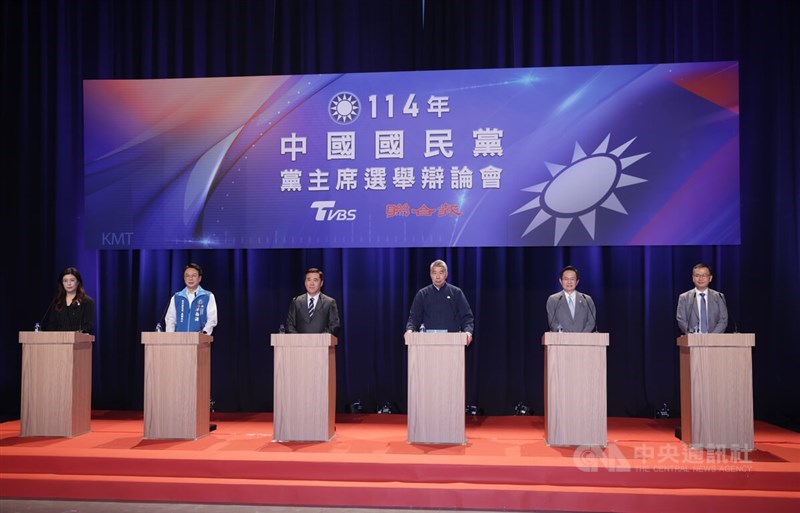
Taipei, Oct. 3 (CNA) Six Kuomintang (KMT) chairmanship candidates sparred Thursday over cross-strait policy in a debate organized by TVBS and the United Daily News, offering positions from cautious dialogue under the "1992 consensus" to full unification.
In the first televised debate with all six candidates, how they would steer the KMT, Taiwan's main opposition party, in managing relations with China emerged as a key focus during the media question segment.
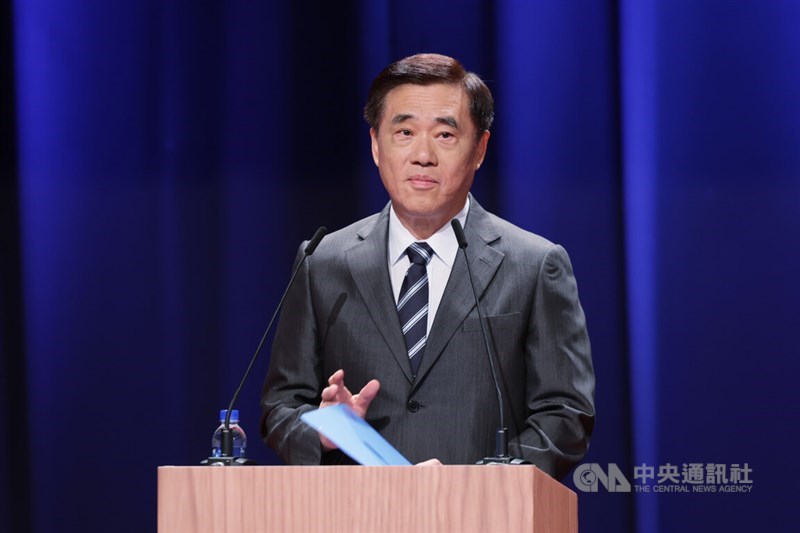
One of the candidates, former Taipei Mayor Hau Lung-bin (郝龍斌), stated that the "1992 consensus" -- defined by the KMT as "one China, with each side having its own interpretation of what 'China' means" -- should serve as the basis for dialogue and exchange across the Taiwan Strait.
The ruling Democratic Progressive Party (DPP) has rejected the formula, arguing that Beijing has never accepted different interpretations of "China," a key reason for the stalemate in cross-strait relations since President Tsai Ing-wen (蔡英文) took office in 2016.
While criticizing the DPP's rejection of the "1992 consensus," Hau emphasized that Beijing "must respect the existence of the Republic of China (ROC)," referring to Taiwan's official name.
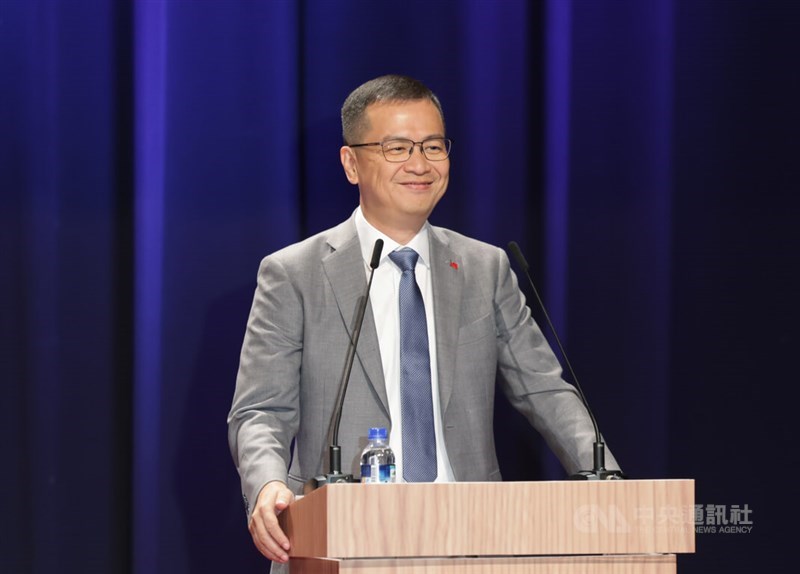
KMT Legislator Lo Chih-chiang (羅智強), citing more cordial cross-strait relations under former President Ma Ying-jeou (馬英九), said the KMT's adherence to the "1992 consensus" proves its policy was effective.
"Cross-strait relations require friendly and constructive engagement and must never face a tragic situation like in Ukraine," Lo said during the debate, which was broadcast Thursday evening.
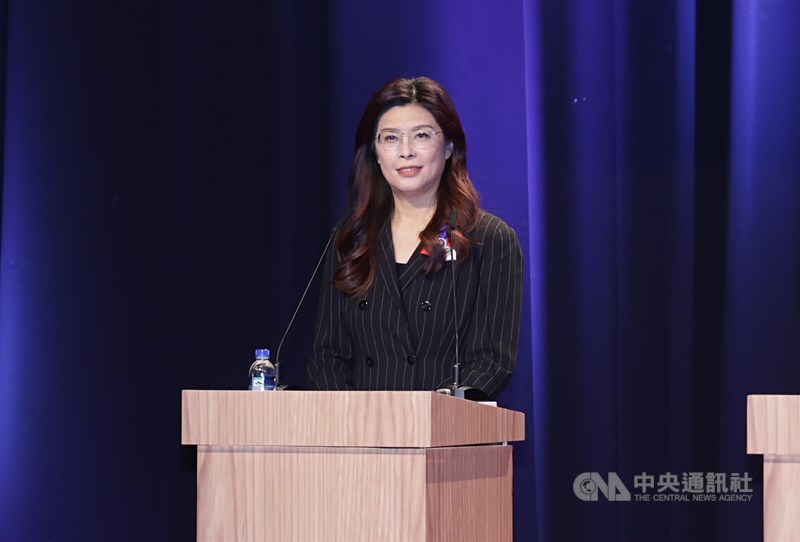
Former KMT Legislator Cheng Li-wun (鄭麗文) vowed to push for dialogue with China under the "1992 consensus," warning it was needed to avert war and stop Taiwan's youth from being sent to fight like in Ukraine.
Under the framework of the ROC Constitution, which holds that both sides of the strait belong to one China, "Taiwan and the mainland should join forces to reach new heights in human civilization," she said.
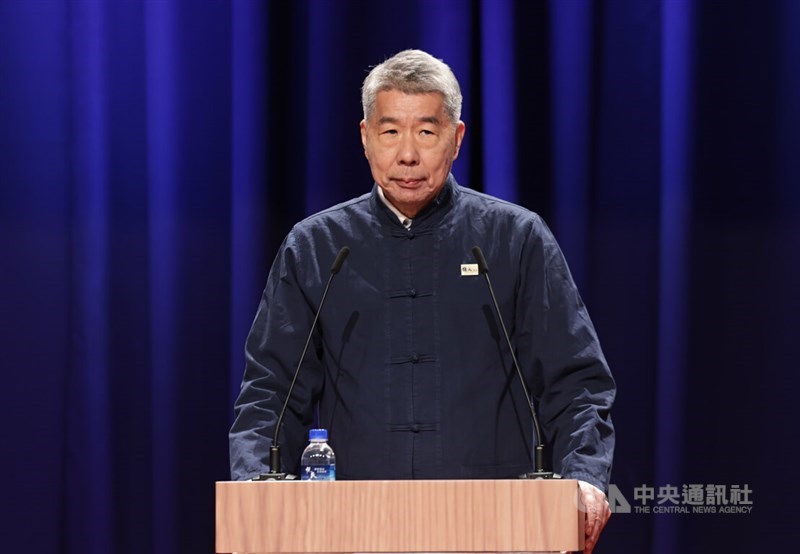
In line with his usual stance, Chang Ya-chung (張亞中) dismissed as "empty slogans" the "1992 consensus," the notion of "China as the ROC," and call to "maintain the cross-strait status quo" advocated by his rivals.
The DPP's pursuit of independence will inevitably lead to military unification, and if the KMT continues to maintain the status quo, Beijing's solution will also be force, ultimately resulting in "one country, two systems," he added, referring to the model adopted in Hong Kong after 1997.
Chang asserted that the core meaning of the "1992 consensus" is "unification," which he said his rivals were unwilling to state explicitly, and argued that unification should unequivocally guide the party's official policy.
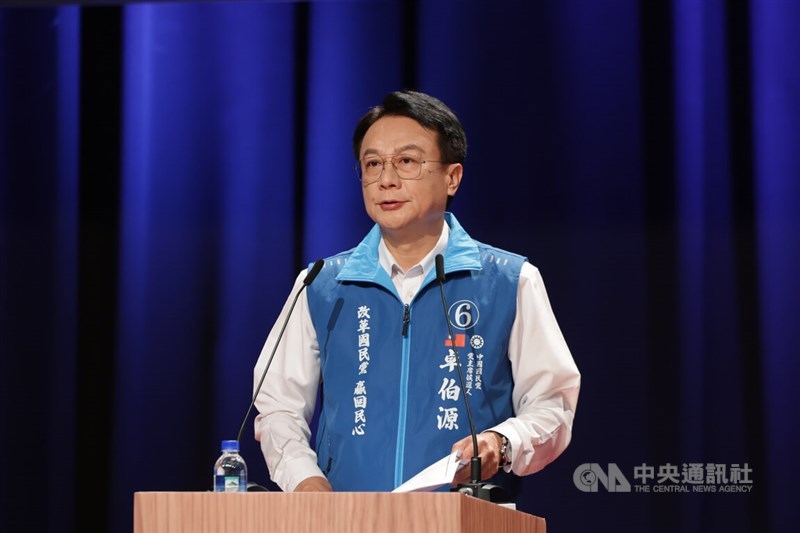
Two other fringe candidates, Cho Po-yuan (卓伯源), a former lawmaker, and Tsai Chih-hung (蔡志弘), who served in the now-disbanded National Assembly in 1996, both outlined their plans to resolve the cross-strait deadlock under their respective "one China" frameworks.
The KMT has scheduled a party-wide vote to elect a new chairperson on Oct. 18, with the winner taking office on Nov. 1 for a four-year term, succeeding Eric Chu (朱立倫).
-
Society
Worker dies in Innolux workplace accident in Tainan
02/22/2026 07:16 PM -
Society
Taipei's Grand Hotel warns of possible data breach after cyberattack
02/22/2026 05:53 PM -
Business
Foxconn, HCL break ground on NT$13.1 billion chip plant in India
02/22/2026 05:40 PM -
Business
Taiwan should prepare response to possible U.S. Section 301 probe: Scholar
02/22/2026 05:36 PM -
Culture
Czech author reflects on cultural erasure under authoritarian rule
02/22/2026 04:35 PM